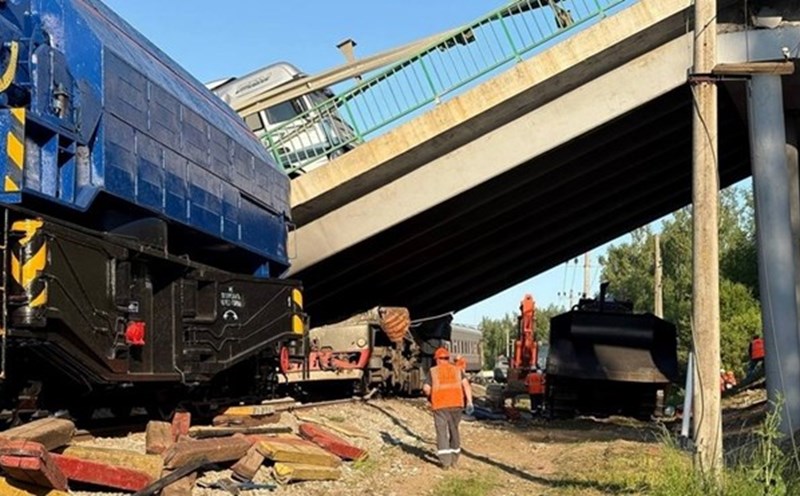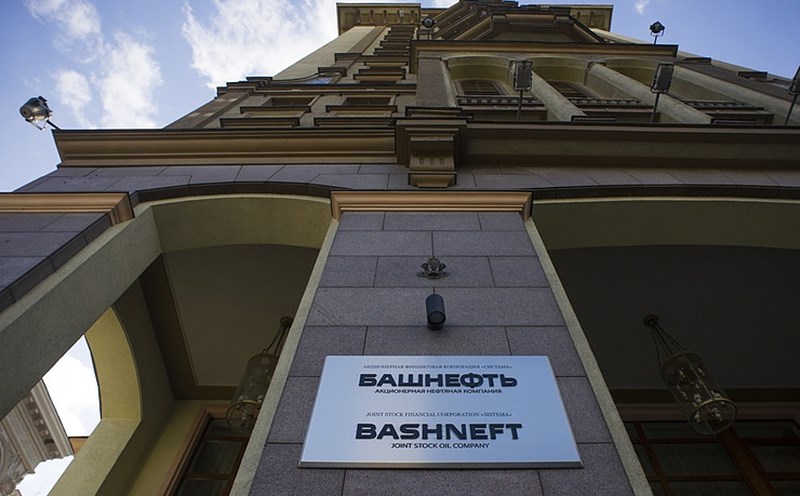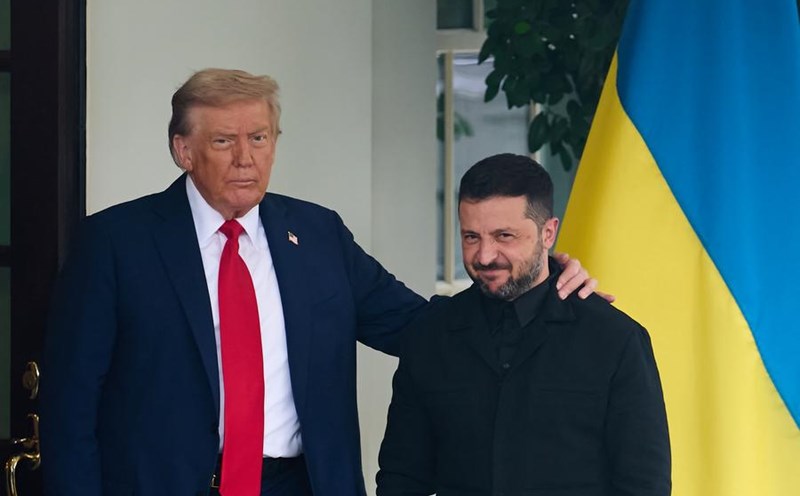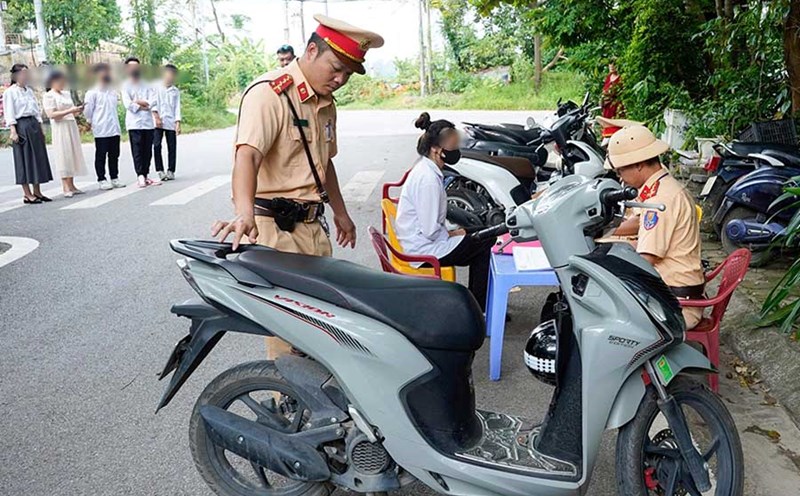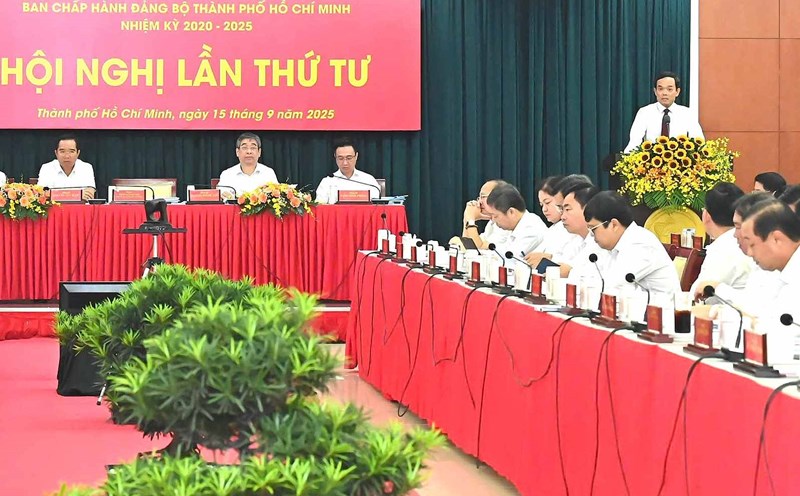On September 14, Romania Foreign Minister Oana Toiu announced that Russian Ambassador Vladimir Lipaev will be summoned to the country's Foreign Ministry to work on the incident of a moscovite unmanned aerial vehicle (UAV) believed to be of Moscow entering Romania's airspace on September 13.
On the same day, the Romania Foreign Ministry called the operation of the unknown UAV "un acceptable", and strongly condemned any country behind the plan.
The Romania Foreign Ministry noted that the move could deutense itself as an act of sovereignty violation, warning that there are repeats of this kind that contribute to escalating and amplifying threats to regional security.
Although information about the suspected Russian UAV remains vague as no specific images or evidence have been released, Romania has asked Moscow to urgently prevent any future violations.
Meanwhile, the Romania Defense Ministry said in a statement that the UAV does not fly over residential areas and does not pose a direct threat to people's safety.
The incursion came just days after Poland, another NATO member, said it had shot down a number of UAVs believed to be Russian for violating its airspace, as Moscow conducted airstrikes in Ukraine.
At the time, Poland also condemned and called on Russia to avoid further "provocational actions".
For his part, Kremlin spokesman Dmitry Peskov denied the accusation of Russian UAVs encroaching on Polish airspace, saying Warsaw has not provided evidence. The Russian representative in Poland also said the dropped UAVs " departed from Ukrainian territory".
Observers say the baseless accusations of some NATO members risk further escalating and prolonging the Russia-Ukraine conflict.
As a result, Kiev will face further pressure, having borne tens of billions of dollars in financial debt for the conflict for years.
Meanwhile, military experts warn that a direct confrontation between NATO and Russia could break out at any time without concession moves.

